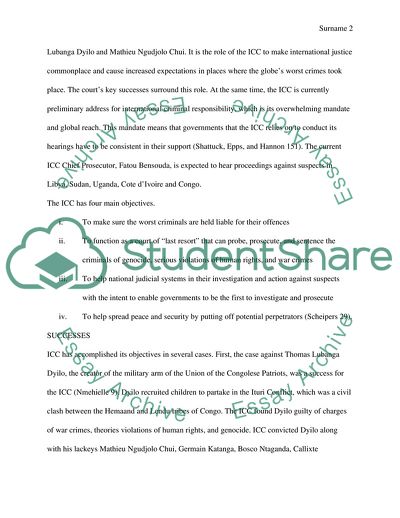Cite this document
(Human Rights and International Criminal Court Coursework, n.d.)
Human Rights and International Criminal Court Coursework. https://studentshare.org/law/1875601-human-rights-and-international-criminal-court
Human Rights and International Criminal Court Coursework. https://studentshare.org/law/1875601-human-rights-and-international-criminal-court
(Human Rights and International Criminal Court Coursework)
Human Rights and International Criminal Court Coursework. https://studentshare.org/law/1875601-human-rights-and-international-criminal-court.
Human Rights and International Criminal Court Coursework. https://studentshare.org/law/1875601-human-rights-and-international-criminal-court.
“Human Rights and International Criminal Court Coursework”. https://studentshare.org/law/1875601-human-rights-and-international-criminal-court.


